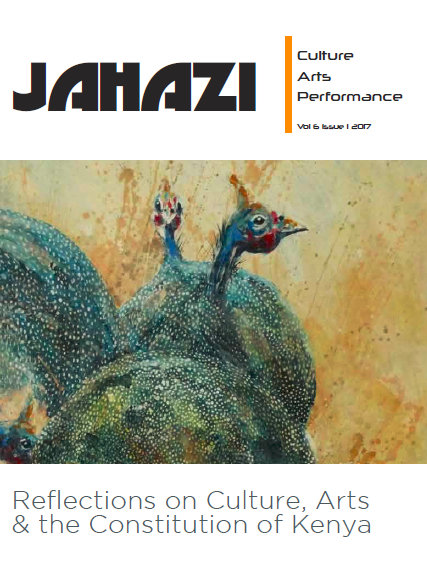
In a recent article by Dr Isaac Rutenberg and yours truly published in the Journal of Culture, Arts and Performance (JAHAZI) here we look at Kenya’s long journey towards a national intellectual property (IP) policy and strategy. It is argued that such a policy and strategy must be aligned with development priorities and socio-economic realities of Kenya and her people. The journey begins in 2005 when World Intellectual Property Organization (WIPO) commissioned an IP audit in Kenya to assess the prevailing situation of the IP system in Kenya making findings on strengths and weaknesses that would be used to develop a national intellectual property policy and strategy. Although the final audit report was prepared and submitted by WIPO to the Kenya government in 2006, the formulation of a national IP policy and strategy has never been formally completed with the last known attempts dating back five years.
Meanwhile, from 2006 to-date, there have been several major IP-related legal and policy developments in Kenya touching on Culture and the Arts. These developments include Kenya Vision 2030, National Policy on Traditional Knowledge, Genetic Resources and Traditional Cultural Expressions 2009, National Policy on Culture and Heritage 2009, Copyright (Amendment) Acts of 2012 and 2014, National Music Policy 2015, Protection of Traditional Knowledge and Cultural Expressions Act 2016, among many others.
From the various policy and legislative developments listed above, it is clear that there is need for policy coordination and coherence on IP-related matters. Currently our government has at least four different state agencies spread across several ministeries dealing with IP issues in Kenya. As a result there has not been an inter-agency focal point to coordinate policy-making to ensure coherence, facilitate integration of IP into national and sectoral development policies, develop and promote a unified national position in international fora where issues involving IP are negotiated and decisions are made, promote effective coordination amongst key public and private bodies and play a meaningful role in using IP as a policy tool for development. This decentralised system of IP administration requires a unified strategy and policy framework that would guide the development of IP-related policies and legislation.
Therefore the vision of a national IP policy and strategy should be to ensure sustainable and rapid national economic, social and cultural development and improvement of the welfare of Kenyans through the effective use of the IP system as a strategic tool. With this vision, the IP Policy and Strategy should aim to improve and promote increased use of IP in encouraging creative, inventive and innovative activities, protection of IP assets, stimulating transfer of technology, promoting orderly trade and strengthening competitiveness of Kenyan industries and businesses in domestic and international markets. The Policy should address or provide guidance to address many if not all of the existing issues and challenges that impede effective use of IP in meeting the development goals of Kenya.